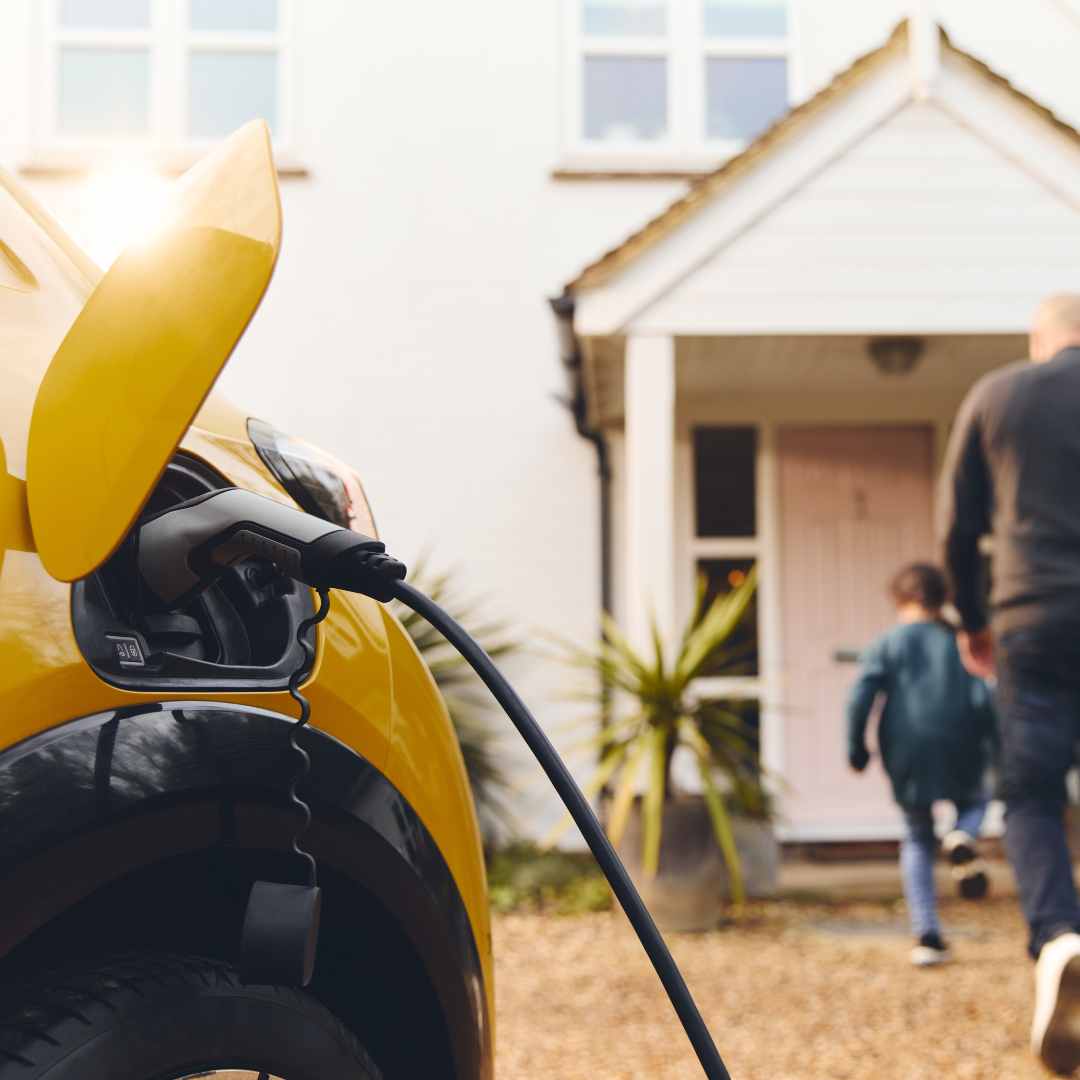
How Long Does It Take to Charge an EV or PHEV?
Understanding Different Charging Levels
Charging an electric vehicle (EV) or plug-in hybrid electric vehicle (PHEV) can be done at different levels:
- Level 1 Charging: This is the basic charging level using a standard household outlet. It can take 8-20 hours to fully charge an EV, depending on the battery size.
- Level 2 Charging: Level 2 chargers are typically found in residential settings or public charging stations. They provide faster charging than Level 1 chargers.
- DC Fast Charging: DC fast chargers are high-powered chargers commonly found along highways or at commercial locations. They offer rapid charging for quick top-ups.
Calculating Charging Times
Understanding the Formula
Charging time for electric vehicles can be calculated using a simple formula: charging time = battery capacity / charging rate. This formula helps determine how long it will take to charge your EV or PHEV based on its battery capacity and the charging rate of the charger being used.
Examples for Different Charging Levels and Battery Sizes
- For a small EV with a 40 kWh battery using a charger supplies 3.3 kW, the calculation would be: 40 kWh / 3.3 kW = 12.12 hours.
- For charging from 30% to 80% of a 40kWh battery using a charger supplies 3.3 kW, the calculation would be: (0.8 - 0.3) x 40 kWh / 3.3 kW = 6.1 hours
- For a larger PHEV with a 80 kWh battery using a charger supplies 7.2 kW, the calculation would be: 80 kWh / 7.2 kW = 11.11 hours.
- For a high-capacity EV with a 100 kWh battery using a DC fast charger (50 kW), the calculation would be: 100 kWh / 50 kW = 2 hours.
Note: There may be some efficiency lost from the rated kW charging rate due to several factors, such as temperature, voltage reliability, AC/DC charging types, and others.
Impact of Charging Efficiency and Battery Degradation
Factors like charging efficiency and battery degradation can influence charging times. Lower charging efficiency may result in longer charging durations, while battery degradation over time can reduce the overall capacity, leading to extended charging periods. It's essential to consider these aspects to effectively manage the charging process and maintain optimal performance of your electric vehicle.
Factors Affecting Charging Times
Battery Capacity and Size
The capacity and size of the battery in an EV or PHEV play a crucial role in determining the charging time. Larger batteries typically take longer to charge compared to smaller ones. For instance, a vehicle with a 100 kWh battery will take longer to charge than a vehicle with a 50 kWh battery, assuming all other factors remain constant.
Type of Charger
The type of charger used also affects the charging time. Level 1 chargers are slower compared to Level 2 chargers, and DC fast chargers are the fastest. Choosing the appropriate charger based on your needs and the charging speed required can significantly impact how long it takes to charge your vehicle.
Ambient Temperature and Weather Conditions
Ambient temperature and weather conditions can influence charging times. Extreme temperatures, whether hot or cold, can affect the efficiency of the charging process. It's important to consider these factors when planning your charging routine, especially in regions with harsh climates.
Battery Management System and Charging Algorithms
The battery management system and charging algorithms of the vehicle also play a role in charging times. Advanced systems can optimize the charging process, leading to faster and more efficient charging. Choosing a vehicle with sophisticated battery management and charging algorithms can help reduce overall charging durations.

 DE
DE
 FR
FR
 AU
AU